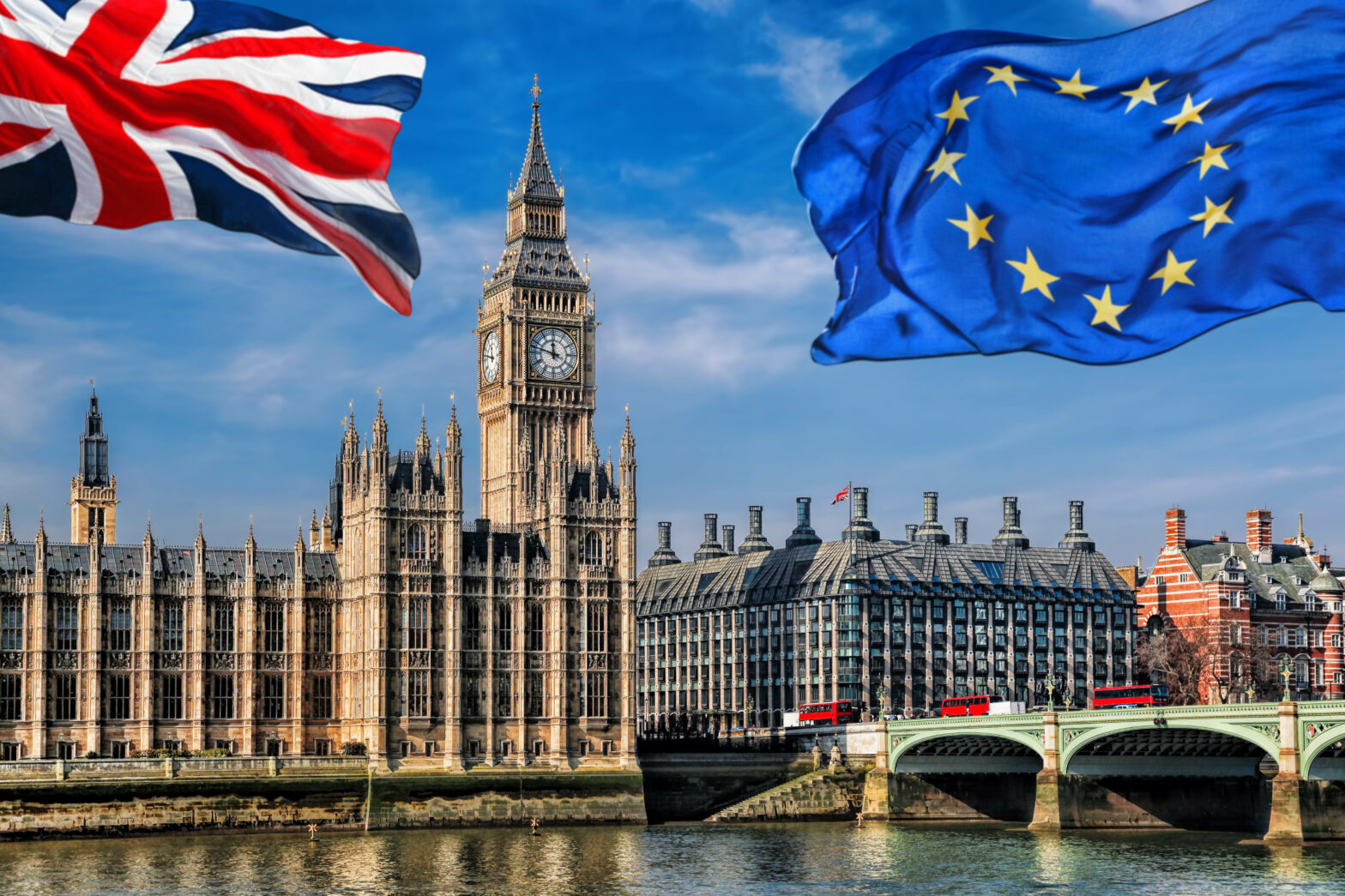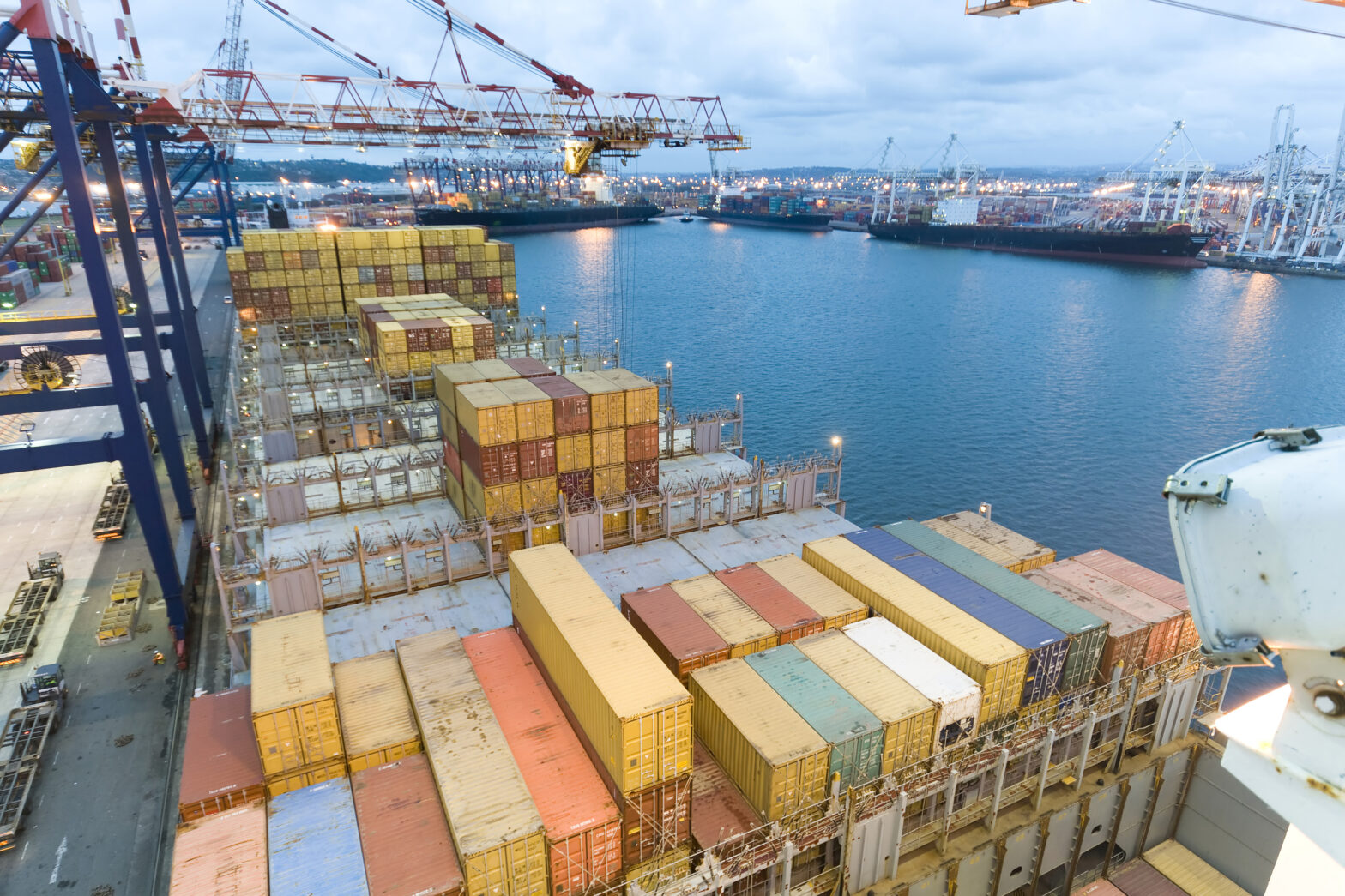It seems that a significant majority of small business owners are spending their time complaining about Brexit, when their time would be better spent focussing on all that’s positive about what’s happened, says Sammy Blindell of How To Build a Brand.
‘While they’ve all got their heads buried in the sand, getting caught up in politics and economic arguments, we are using the world’s attention on Britain to gain awareness for our brand,’ Blindell adds.
‘We’re also taking advantage of our newly-found trade independence to break out as a global brand, polishing our identity for presentation to the world. We suggest that all small businesses do the same.’
And now is the right time to consider your business as a global brand; if your business has seen a Brexit benefit, it is likely that the weak pound is the area in which you have been assisted.
Custom from abroad
David Jinks of ParcelHero says that, as an international courier, his company was against Brexit and one of the businesses that signed the letter to The Times in favour of remaining. However, he says that, at least in the lull before Article 50 is triggered, ParcelHero’s shipments to the EU have actually increased markedly.
‘This is largely due to our regular business export customers taking advantage of the low value of the pound; meaning British goods are a bargain overseas,’ Jinks says.
If negotiations go badly and tariffs are imposed on UK goods the impact will be felt most on products that are weighty, large and attract higher tariffs, he adds. ‘That means items such as some car parts may be hit hard. On the other hand items such as digital cameras are lightweight and inexpensive to ship and don’t attract EU duties.’
Jinks can already see a move in the kind of items business customers are shipping: notably more high-quality products, from traditional Scottish broaches, polo equipment and prom dresses; to toy soldiers, live steam garden locos and dolls house furniture.
‘We’ve also seen an increase in shipments to the USA – probably to exploit the new US Duty threshold which increased from $200 to $800 – and Australia. This may show an early exploration of alternative markets by our business customers. We may not have become bullish; but at least we’re no longer bearish!’
Bargains in Britain (for tourists)
In addition to the Brexit benefit of international trade, non-UK shoppers are taking advantage of post-Brexit currency fluctuations to snap up a bargain in Britain, according to the latest data from Worldpay.
Retail transactions tracked by the payment processor in the pre and post-Brexit referendum period show a significant rise in foreign card spending in the month following the result, with volume growth up by 3.4 per cent. This boost in non-UK card sales is particularly pronounced online, where growth accelerated by 5.3 per cent post-Brexit, while bricks and mortar retailers also experienced a solid 3.0 per cent increase in growth.
It seems that recent currency fluctuations have meant that there’s never been a better time to ‘Buy British’ for overseas consumers, whether that’s at home or abroad.





